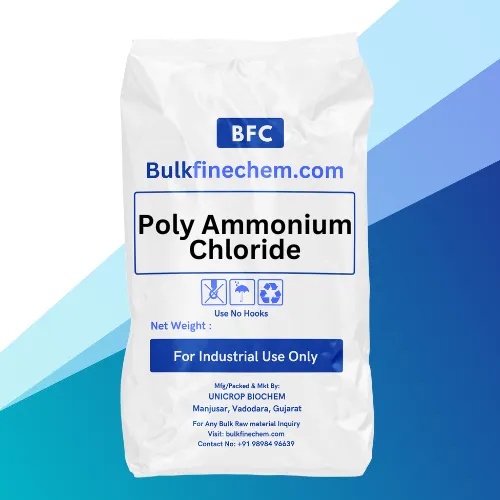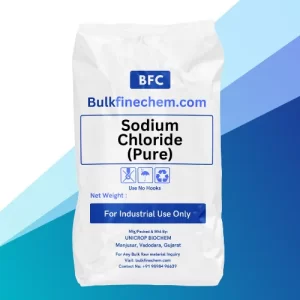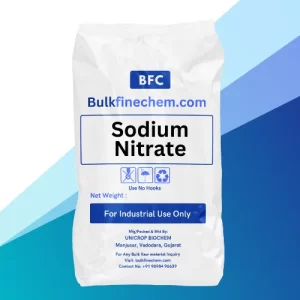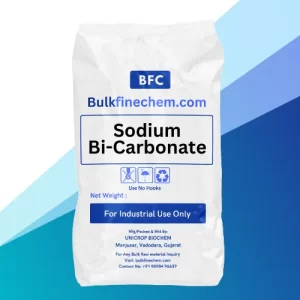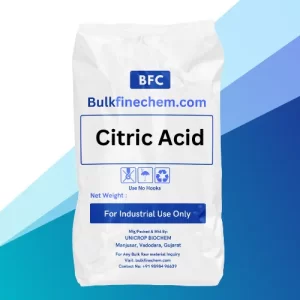Poly Ammonium Chloride
Poly Ammonium Chloride (PAC) is an effective coagulant and flocculant in water treatment processes, offering benefits such as improved water quality, reduced chemical usage, enhanced settling, and versatility in various water treatment applications. Its ability to clarify water by aggregating and settling suspended solids makes it a valuable tool in ensuring clean and safe water for a wide range of uses.
Application of Poly Ammonium Chloride
Poly Ammonium Chloride (PAC) is a water-soluble polymer compound used primarily as a coagulant and flocculant in water treatment processes, particularly in wastewater treatment. The aluminum hydroxide flocs continue to grow and combine into larger, heavier particles called flocs. These flocs settle more rapidly, helping to separate the solid impurities from the water.
Mechanism of Action
- PAC undergoes hydrolysis, forming positively charged aluminum ions (Al³⁺) and hydroxide ions (OH⁻).
- These aluminum ions neutralize the negative charges on suspended particles in the water, causing them to clump together and form larger aggregates.
- Once the suspended particles have been neutralized and coagulated, PAC promotes flocculation.
Benefits of Poly Ammonium Chloride
- It is highly effective at removing turbidity and suspended solids from water.
- It can clarify water by aggregating and settling out fine particles, making it clearer and safer for various uses.
- PAC can reduce the need for other coagulants and flocculants in water treatment processes, potentially leading to cost savings and simplifying treatment procedures.

